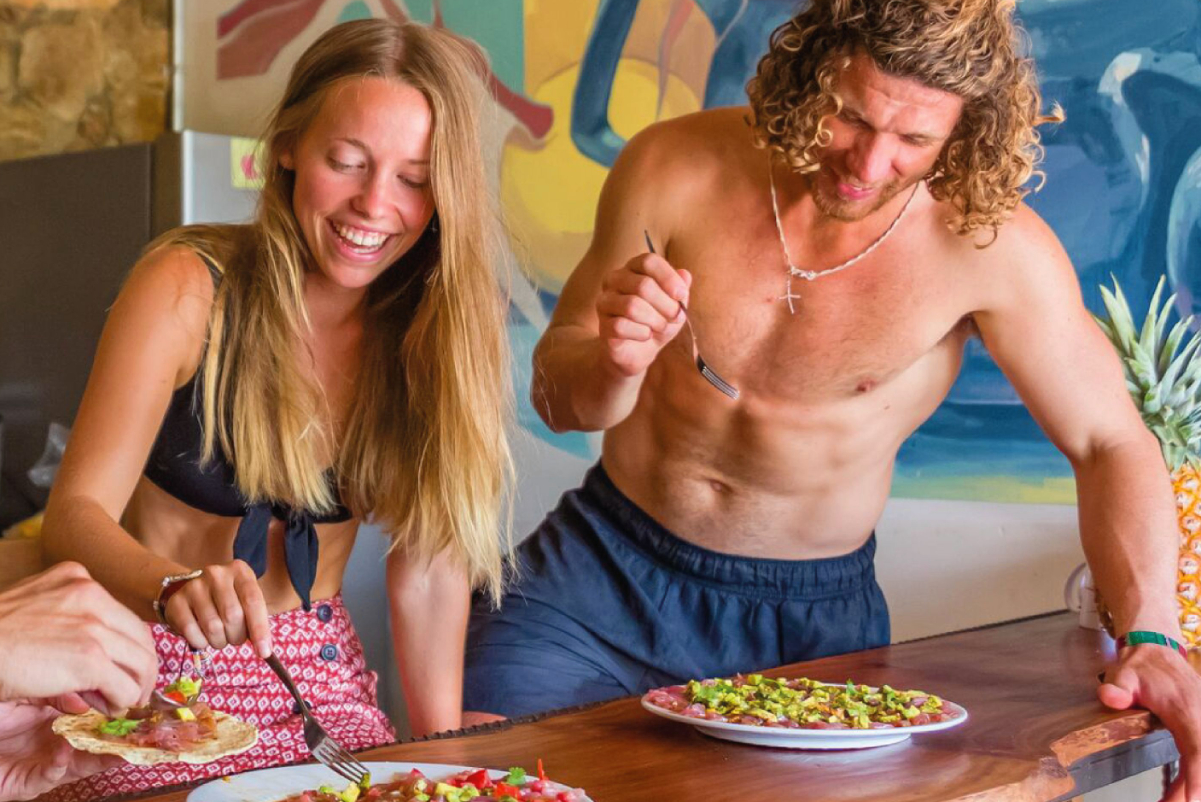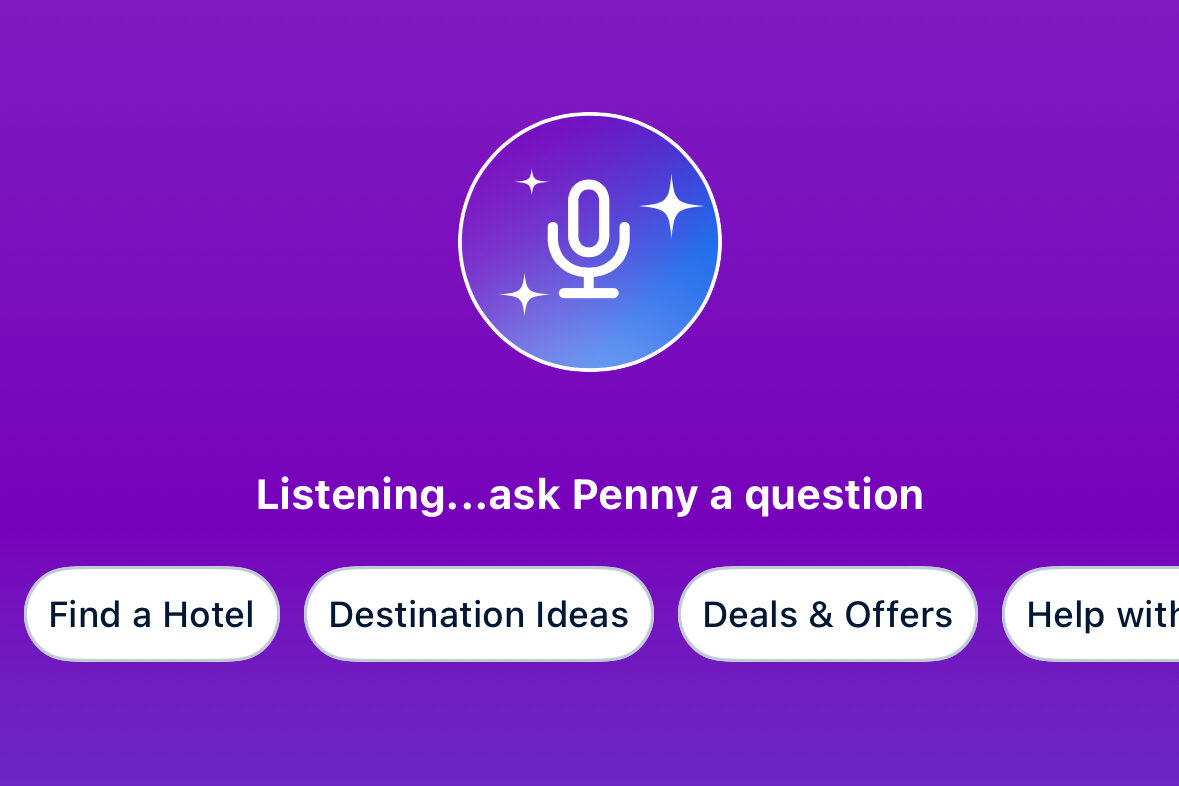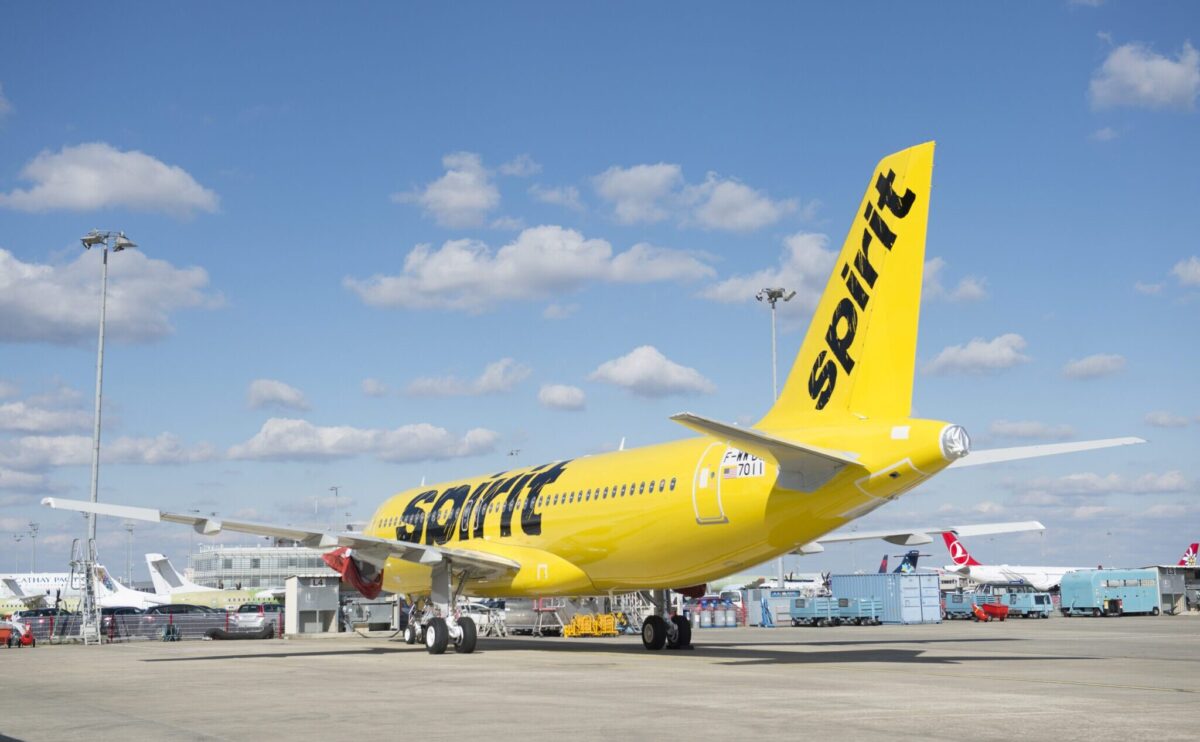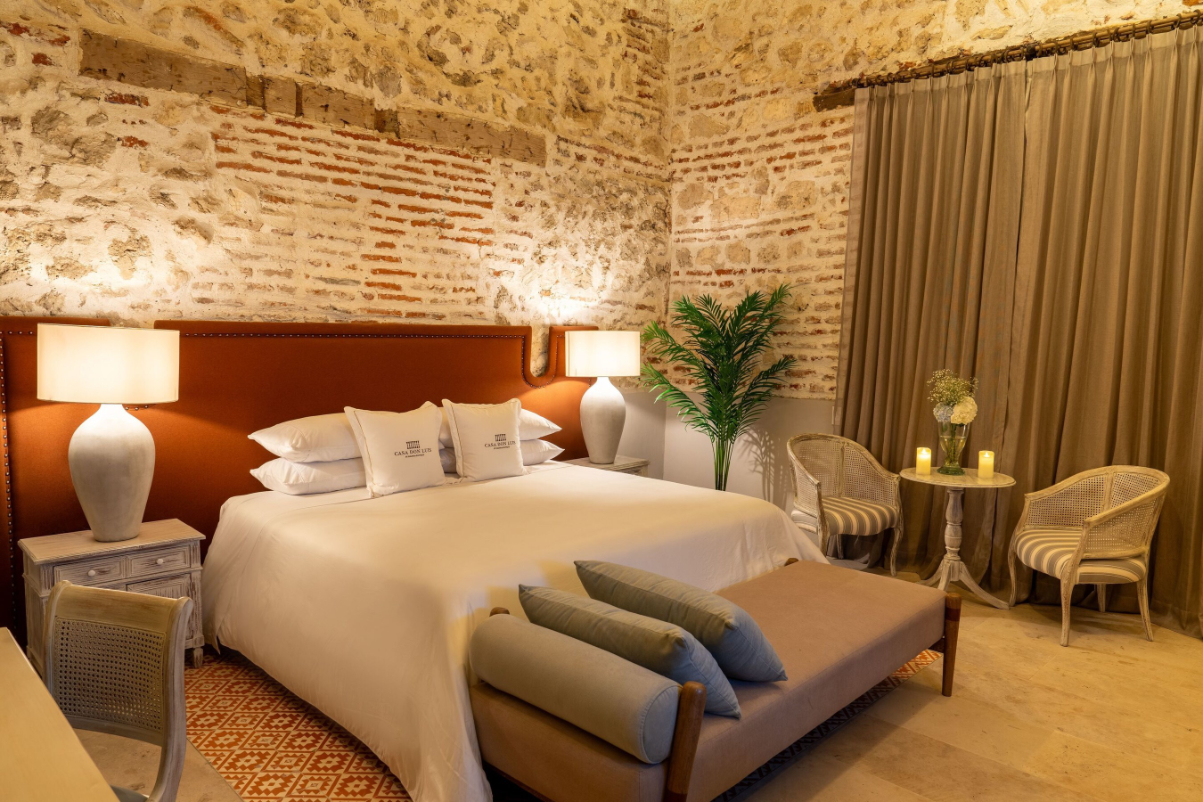Selina Pushes Into Music Festivals and Wellness Retreats

Skift Take
Hospitality startup Selina, while reporting first half of the year results on Tuesday, revealed plans to expand into producing music festivals and running wellness retreats for companies — activities that may help push it into profitability after travel has fully returned to pre-pandemic levels.
The company, which courts twentysomething and thirtysomething travelers, said it had suffered a loss of about $4 million (adjusted earnings before interest, taxation, and amortization) while generating revenue of $86 million.
If the lodging company goes public as planned — something it has repeatedly teased — investors will pressure it to deliver profits. The company said on Tuesday it expected to list on the New York Stock Exchange through a merger with BOA Acquisition Corp, a special purpose acquisition company, soon.
The group previewed in its financial filings a new sub-brand, Sims, which will produce music festivals and large-scale events mostly at Selina venues. It also revealed another new brand, Mantra, which will run wellness retreats for companies and consumers, with a majority also produced at Selina locations. Adding experiential elements help increase repeat bookings and word-of-mouth marketing for its hotels and hostels, the company said.
"We remain focused on achieving profitability as we grow and scale our platform, and continue to progress towards near-profitable margins," said Rafael Museri, Selina’s co-founder and CEO, in a statement. Its first-half loss this year was roughly half the one in 2021.
Few brands owned by global hotel companies are developed for millennial and Gen Z travelers. The rarities are Marriott with its Aloft and Moxy brands; IHG with its Even brand; Accor-backed brands Mama Shelter, Treebo, and The Hoxton; and Tru by Hilton.
Selina believes there's a mismatch between supply and demand, given that the lodging spending by young people will soon account for a majority of hospitality revenue. It forecast that more than 2 million young people would visit its property for lodging, co-working, or food and beverage this year. The company plans to grow its "coworking, recreation, wellness, and local experiences in sought-after destinations," which it said would give the company an edge in appealing to millennial and Gen-Z travelers.
Selina's revamped investor pitch deck is here:





